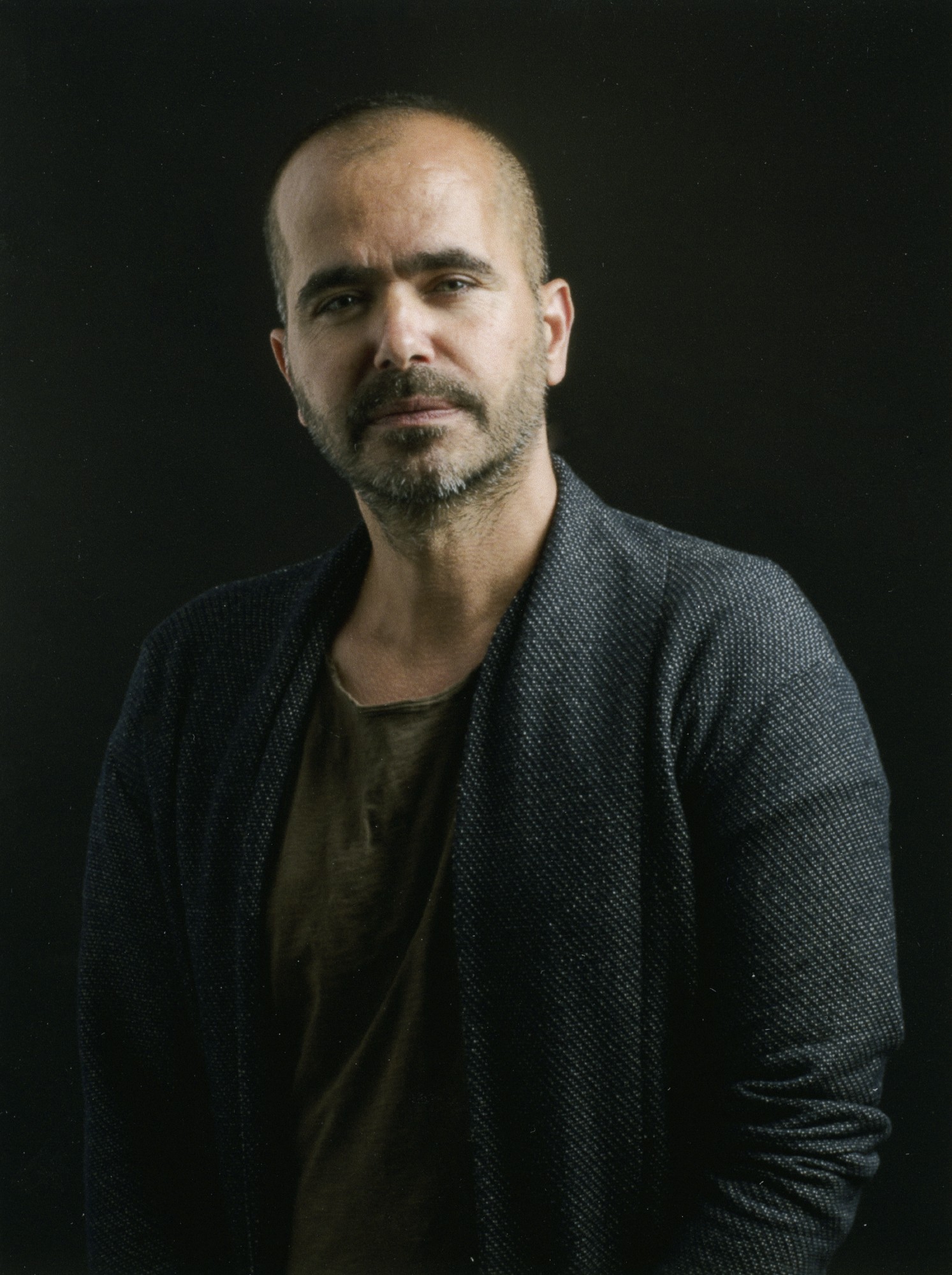In 2003, the library at the University of Baghdad’s College of Fine Arts saw its tens of thousands of books vanish into ash.
The U.S.-led invasion of Iraq left the library in shambles. Seventeen years later, the library is rebuilding its shelves, one book at a time.
Iraqi-born artist Wafaa Bilal, who had spent many hours at that library as a student, is determined to help fill those shelves.
To do this, Bilal began a project called “168:01” in 2015, where he eventually reached Kickstarter Gold status and collected over 5,000 books. He’ll be expanding on this work during the 2020-21 academic year as a fellow for the Weisman Art Museum’s Target Studio for Creative Collaboration.
“This is a great place to bring people together from all different disciplines to collaborate on this vision of the library that addresses the needs of the Iraqis,” Bilal said. “It does that both that as a social sculpture, but it also addresses infrastructure needs and environmental needs of the Iraqi people.”
Bilal first came to the University of Minnesota as a guest lecturer in the art department about a year ago, which is when he met Boris Oicherman, the museum’s curator for creative collaboration. Bilal eventually sent Oicherman a proposal for a project that he thought was fitting for the Target Studio.
“[The Target Studio] has a philosophy that says that we will be much better in dealing with world challenges if people work together rather than separately,” Oicherman said. “It’s ‘systems art,’ which means that artists are looking at the entire systems of relationships as opposed to just making an art object. [Bilal] does just that.”
In a sense, the coming project follows a social sculpture structure, as Oicherman calls it.
“The artist designs all of the relationships between participants as if they were an art material, like a sculptor would design the figure,” Oicherman said.
Bilal’s fellowship is in partnership with the Interdisciplinary Center for the Study of Global Change and the University of Minnesota’s Minnesota Design Center. They are looking for collaborators from disciplines like engineering to social sciences and anything in between.
“We’re doing theory and practice at the same time, but we need the students and the public to be part of the entire process,” Bilal said. “That’s the nature of participatory art. You can see the contribution of the individual as part of its rise to the final work.”
Although the Weisman is over 6,000 miles away from the University of Baghdad’s College of Fine Arts’ library, Bilal and others working on the project believe there’s still a connection between the communities surrounding UMN and those in Baghdad.
“There is this notion of, ‘Could we construct a course or series of courses around the role of a book in the digital age?’” said Tom Fisher, director of the Minnesota Design Center. “What is the role that books might play, where we might, in fact, understand each other better if we were exchanging books rather than bombs.”
As for what the project will actually look like, it’s still a little unclear. Bilal and Oicherman are working closely with the ICGC and the Minnesota Design Center to figure out how to most effectively bring their concept to the public in both Minneapolis and Baghdad.
“This project has already become a successful platform for conversation and it has such a way about it that is really rewarding for everybody,” Bilal said. “This is just one way of education and it’s really raising awareness of this existential threat that faces humanity.”








